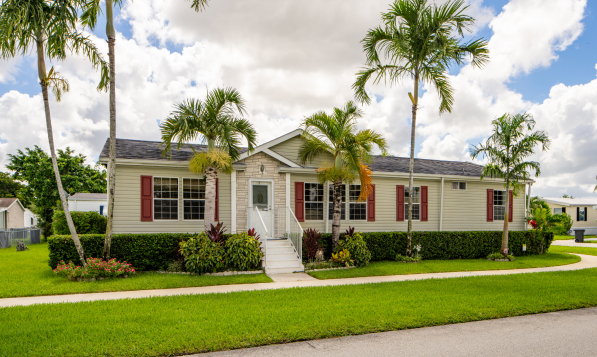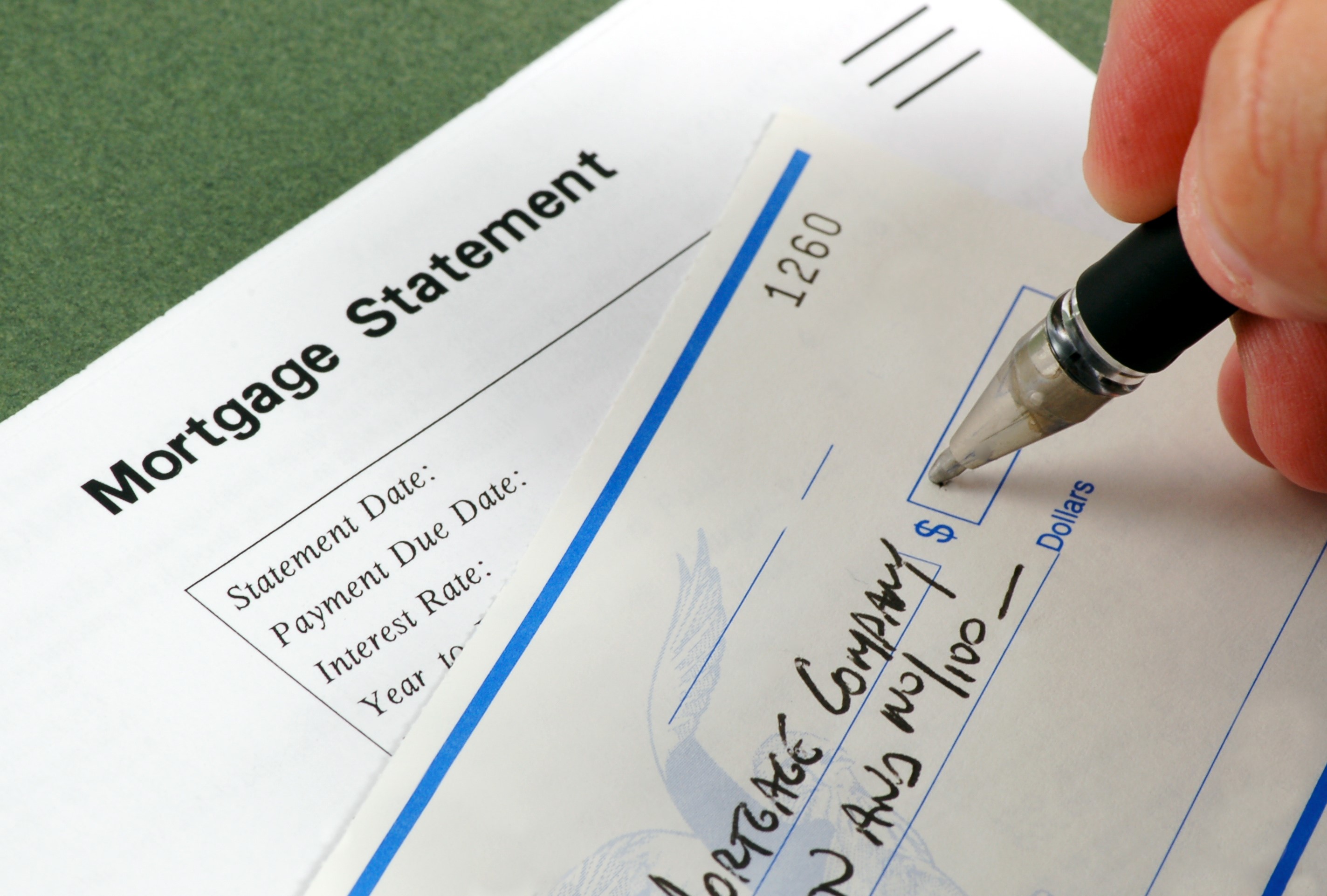Manufactured vs. Modular Homes
When it comes to residential construction, there is a wide range of housing options to suit different needs and preferences. Among these...

Let’s assume your family has an annual income of $75,000. Using a simple calculation of $75,000 (0.31), you could afford $23,250 in mortgage payments annually. Dividing this by 12 gives you room for a $1,937.50 monthly mortgage payment. Keep in mind this amount must cover principal and interest, as well as taxes, hazard insurance (otherwise known as homeowner's insurance), and any mortgage insurance payments (if needed).
The amount you have for a down payment is a key factor in determining what that monthly payment will look like. For instance, if you decide to go with an FHA loan and pay the minimum down payment of 3.5%, you will pay more toward your mortgage monthly than if you put down 5% or 10%.
Your debt-to-income ratio is how most lenders consider the space you have for mortgage payments. The debt in this ratio is any “rolling” monthly debt that takes away from your disposable income – including any financed items requiring monthly payments. A couple of examples here include credit cards, car payments and student loans. Things like gas, electricity, cable and car insurance are not included.
Most lenders have programs that will allow for a total combined debt-to-incomer radio between 45-55%, inclusive of the total mortgage payment on the new home and those additional financed items.
Lenders publish mortgage rates daily. Lenders determine rates based on market conditions and loan program (VA, FHA, Conventional). Your credit score, down payment size, and property type are some of the factors that influence your mortgage rate offered by your lender. The lower the interest rate and APR, the lower your monthly principal and interest payments.
The state/county/city you live in determines the property tax rate. This rate, along with the home’s value, determines the amount you pay in annual property taxes. The higher taxes are on a home, the less room there is for principal and interest in your monthly mortgage payment.
Hazard insurance varies depending on the amount of coverage required for the home and agency originating the policy. It can also vary depending on where the home is located. If you purchase a home in a flood zone, for instance, you can expect to pay money toward a flood insurance policy. Like taxes, the amount required for hazard insurance reduces the room in your monthly payment available for principal and interest.
Even if a lender pre-qualifies you for a loan of $300,000, it does not necessarily mean you should take out the full $300,000. Life is unpredictable. It is important to remember that your budget should allow for ongoing home maintenance or improvements as well as changes to your income or other expenses.

When it comes to residential construction, there is a wide range of housing options to suit different needs and preferences. Among these...

As a first-time home buyer, there can be so many new concepts, options, and terms flying around, it can sometimes feel a bit overwhelming. And...

As a first-time home buyer, there can be so many new concepts, options, and terms flying around, it can sometimes feel a bit overwhelming. And...

Deciding on the right time to buy a house is a big decision. Especially if it’s your first time. It’s a decision that can be difficult to make on...

4 min read
If you are buying a home with a down payment of less than 20%, you can count on paying something toward mortgage insurance (often referred to as...

3 min read
If you’re considering a refinance or a new home purchase, you are likely interested in how mortgage interest rates are trending. You may not...